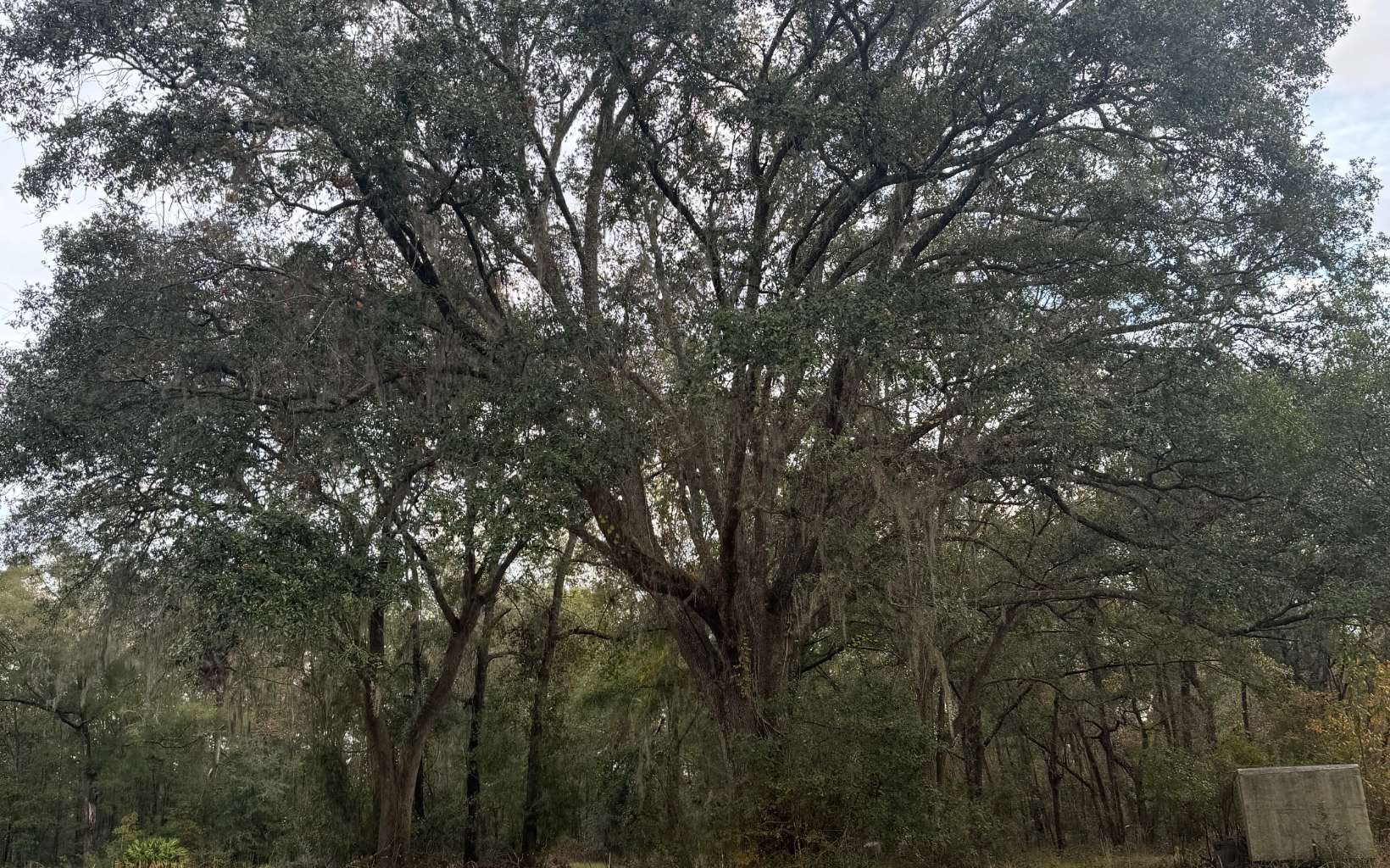
Beekeeping is growing in popularity across North Florida, and for good reason. The region’s warm climate, diverse plant life, and relatively mild winters create optimal conditions for raising healthy honeybee colonies. Whether you’re interested in producing honey, supporting pollination, or simply enjoying a rewarding hobby, North Florida’s landscape offers an ideal environment for beekeeping. Here’s why North Florida land is perfect for apiaries and what you need to know to get started.
Climate and Weather Conditions
North Florida’s climate is highly conducive to beekeeping. With its mild winters and long, warm growing season, the region allows honeybees to remain active year-round. Unlike colder climates where beekeepers need to provide extensive winter care, North Florida’s beekeepers can enjoy a nearly continuous beekeeping season, which means more time for honey production and pollination activities.
The University of Florida’s Institute of Food and Agricultural Sciences provides resources on managing bees in warm climates, offering guidance on seasonal care, pest control, and hive maintenance tailored to Florida’s environment. In particular, North Florida’s mild winters reduce the risk of colony loss, as bees expend less energy to stay warm and are able to forage even during cooler months.
Diverse Flora and Nectar Sources
The abundance of native plants, wildflowers, and flowering trees in North Florida provides honeybees with a variety of nectar and pollen sources. Plants like saw palmetto, tupelo, wild clover, and gallberry are common in the region, each contributing unique flavors to honey and supporting healthy bee nutrition. Tupelo honey, for example, is one of Florida’s most prized types of honey, known for its light color and distinct taste.
This diverse plant life offers a consistent food supply, making it easier to sustain large, healthy colonies. Bees that have access to varied pollen sources tend to be healthier, as they can access a broader range of nutrients. Additionally, North Florida’s relatively undeveloped landscapes offer natural habitats free from excessive agricultural chemicals, creating a cleaner environment for apiaries.
Pollination Benefits for Local Agriculture
Beekeeping in North Florida not only benefits honey production but also plays a crucial role in supporting local agriculture. Bees are essential pollinators for many of Florida’s crops, including blueberries, melons, and various fruit trees. By setting up an apiary, landowners can enhance the pollination of their crops, leading to better yields and healthier plants.
North Florida’s agricultural community recognizes the value of beekeeping, and many farmers welcome partnerships with local beekeepers to improve crop pollination. The Florida Department of Agriculture and Consumer Services offers resources on integrating beekeeping with farming operations, helping landowners understand how managed bees can support both personal gardens and commercial crops.
Minimal Space Requirements for Apiaries
Beekeeping is a versatile activity that doesn’t require extensive land. Even a small parcel in North Florida can support several hives, allowing you to establish an apiary without the need for vast acreage. This makes beekeeping accessible to a wide range of landowners, from small-scale homesteaders to those with larger properties.
For landowners interested in diversifying their income streams, beekeeping is an excellent option, as it requires minimal space and setup costs compared to other agricultural practices. Whether you place hives along the edges of fields, in clearings, or near flowering plants, bees are highly adaptable and will forage within a two- to three-mile radius, making the most of the surrounding resources.
Local Support and Beekeeping Resources
North Florida has a thriving beekeeping community, with access to local clubs, educational programs, and support from agricultural institutions. Organizations like the University of Florida’s Institute of Food and Agricultural Sciences offer workshops, training programs, and extension services specifically designed to help new and experienced beekeepers succeed. These programs cover essential topics such as hive management, pest control, and honey extraction.
In addition, the Florida Department of Agriculture and Consumer Services offers guidance on best practices, licensing, and health checks for honeybee colonies. New beekeepers in Florida must register their hives with the department, ensuring proper oversight and support. Local beekeeping clubs also provide a network for knowledge sharing, where new beekeepers can connect with experienced mentors and gain hands-on experience.
Environmental Impact and Conservation Benefits
Beekeeping supports broader environmental conservation goals, as honeybees contribute to the health of ecosystems through pollination. North Florida’s natural landscapes, including forests, wetlands, and meadows, depend on bees and other pollinators to sustain plant diversity. By establishing an apiary, you contribute to local biodiversity and help support native plant populations.
Additionally, responsible beekeeping practices promote the survival of honeybee populations, which have faced challenges in recent years due to habitat loss, pesticides, and diseases. By creating a safe, healthy environment for bees, North Florida beekeepers play a role in conserving this vital species. Sustainable practices, such as avoiding chemical pesticides and planting bee-friendly flowers, further enhance the environmental impact of beekeeping.
Getting Started with Beekeeping in North Florida
Starting an apiary in North Florida is relatively straightforward. Begin by researching local regulations and obtaining a registration for your hives through the Florida Department of Agriculture and Consumer Services. Many new beekeepers also take introductory classes or join local beekeeping clubs to learn essential skills.
Investing in basic beekeeping equipment, such as hives, protective clothing, and tools, is essential for safe and effective management. Hive placement should consider access to sunlight, wind protection, and proximity to nectar sources. With North Florida’s favorable conditions, even new beekeepers can establish thriving hives that contribute to honey production, pollination, and environmental health.
Are You Buying a Home or Land for Sale in Lake City?
If you’re moving to Lake City, we can help you find the perfect place to live. Call us at 386-243-0124 to tell us what you want from your home and we will begin searching right away.
Check these out:
- Paved road frontage for sale in Columbia County
- Non-deed-restricted land for sale in Columbia County
- Wooded oak tree land for sale in Columbia County
- Land-for-land home combo in Lake City
- Waterfront residential in Lake City
- Waterfront land in Columbia County
- Bank-owned homes and foreclosure in Columbia County
- Short sales in Columbia County



